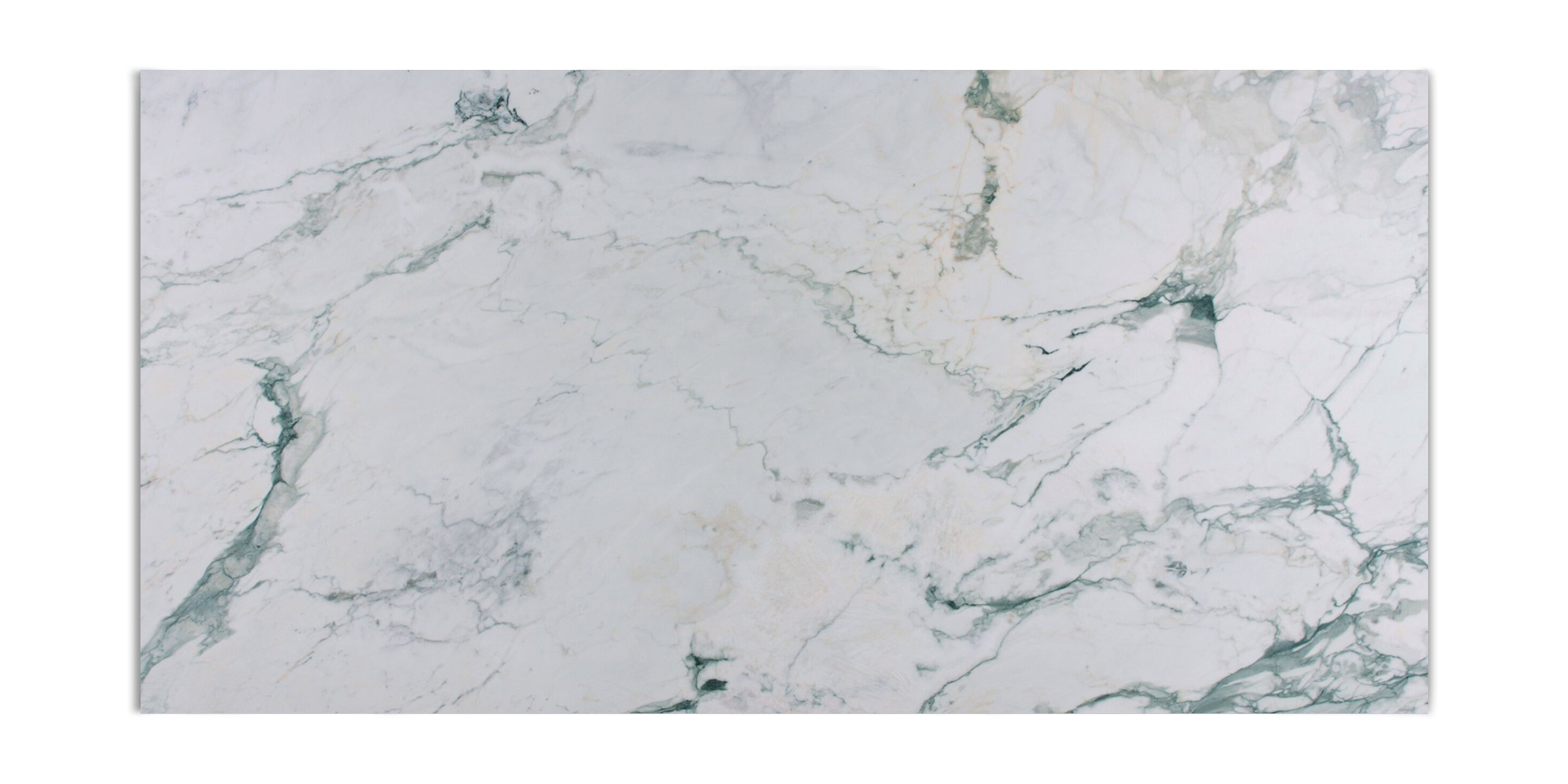Choosing what countertop is best for a bathroom is about finding the perfect blend of beauty, durability, and functionality. With so many materials available, it’s essential to know the strengths of each one to find the best fit for your bathroom style and needs. Here’s a look at some of the top countertop materials for bathrooms and what makes each one a great choice.
1. Quartz Countertops
Quartz is one of the most popular bathroom countertop choices for a reason. As a manufactured stone, quartz is highly durable, non-porous, and resistant to stains, scratches, and moisture, making it ideal for bathrooms.
- Pros: Non-porous, easy to clean, scratch-resistant, wide color and pattern selection.
- Cons: May be on the pricier side compared to other materials.
Popular choices like White Arabesque (white with subtle grey veining) or Tebas Black (a deep, dramatic black) add elegance and style while being low-maintenance.
2. Granite Countertops
Granite is a natural stone that offers stunning, unique patterns and excellent durability. Although it requires periodic sealing, granite is highly resistant to heat, scratches, and moisture.
- Pros: Natural beauty, highly durable, heat-resistant.
- Cons: Requires sealing, higher cost.
For a luxurious look, consider a stone like Azul Bahia (a blue granite with black and white veining), which adds vibrant color and depth to a bathroom.
3. Marble Countertops
Marble has long been associated with elegance and luxury, and it adds a classic touch to any bathroom. It’s available in various colors, each featuring unique veining that creates a timeless look. However, it’s softer than granite and can be prone to staining and etching if not properly sealed.
- Pros: Luxurious appearance, unique veining, heat-resistant.
- Cons: Prone to stains and scratches, requires regular sealing.
Options like Statuario Premium or Calacatta Caldia (both white marble slabs with striking veining) can elevate a bathroom to a whole new level of sophistication.
4. Quartzite Countertops
Quartzite is a natural stone that’s harder than marble and, in some cases, even granite, making it an excellent option for bathrooms. It offers the beauty of marble but with greater durability, and it’s resistant to scratches and heat.
- Pros: Natural beauty similar to marble, very durable, heat-resistant.
- Cons: Requires sealing, higher price point.
For a bathroom with a natural look, Taj Mahal Extra Premium (a white quartzite with warm tan veins) or Fusion Blue Gold (a white-green quartzite with blue veining) are both stunning choices.
5. Solid Surface Countertops
Solid surface countertops are made from acrylic and are known for being seamless and highly customizable. They’re non-porous, making them resistant to moisture and bacteria—a huge plus in bathrooms. However, they can be more susceptible to scratches and heat damage compared to stone.
- Pros: Non-porous, easy to clean, highly customizable, repairable.
- Cons: Less heat and scratch resistance.
Solid surfaces are available in many colors and patterns, so you can create the exact look you want without breaking the bank.
6. Soapstone Countertops
Soapstone is a unique, natural stone that offers a soft, matte finish and a subtle, natural appearance. While it’s relatively softer than granite and quartz, soapstone is naturally non-porous and resistant to bacteria, making it an excellent choice for bathrooms.
- Pros: Non-porous, bacteria-resistant, develops a patina over time.
- Cons: Prone to scratches, requires mineral oil treatment for maintenance.
Consider options like Soapstone Barroca (a blue-grey slab with white veining) for a rustic yet elegant look.
7. Travertine Countertops
Travertine is a type of limestone that has a unique, earthy appearance, making it a perfect choice for those who prefer a more natural or rustic aesthetic. It requires regular sealing, as it is porous, but with proper care, it can be quite durable in a bathroom setting.
- Pros: Unique natural appearance, durable with proper maintenance.
- Cons: Requires regular sealing, sensitive to acidic products.
Travertine slabs such as Travertino Alabastrino (tan with beige veining) can add warmth and character to a bathroom.
Choosing the Right Countertop for Your Bathroom
To choose what countertop is best for a bathroom for your bathroom, consider:
-
Durability and Maintenance: Quartz and quartzite offer durability with low maintenance, making them ideal for busy bathrooms. Marble and granite are beautiful but need periodic sealing.
-
Aesthetics: Decide on the look you want. Marble offers timeless elegance, while granite and quartzite come in unique, natural patterns. Solid surfaces provide a smooth, modern look.
-
Budget: Quartz and solid surface options are often more affordable, whereas marble, granite, and quartzite can be pricier. Make sure to balance style with what you’re willing to invest.
-
Functionality: For family bathrooms, non-porous, low-maintenance materials like quartz and solid surfaces are ideal. For a master bathroom where beauty takes precedence, marble or soapstone can create a luxurious feel.
Each countertop material has unique benefits, so the best countertop for your bathroom ultimately depends on your personal style, budget, and functional needs. With the right countertop, your bathroom can become a beautiful and functional sanctuary in your home.

